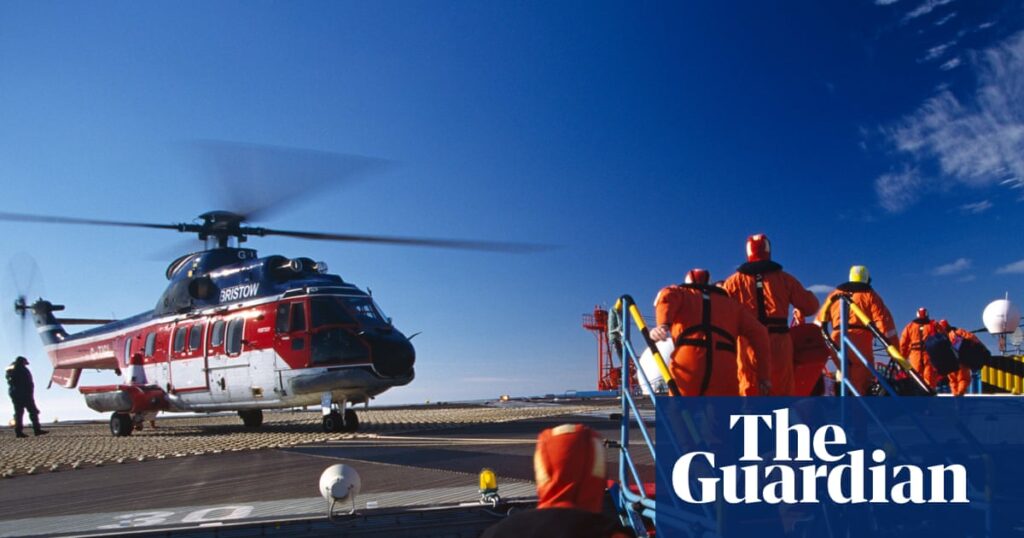Thousands of North Sea oil and gas workers risk losing their jobs on offshore rigs unless they lose weight within the next year.
Workers who weigh more than 124.7kg (19.5 st) fully clothed will need to shed some pounds by next November or risk being barred from working offshore, according to the industry’s trade body.
The new safety policy is expected to affect 2,500 people employed offshore who are above the weight limit, which has been put in place so that workers can be winched to safety by a rescue helicopter in an emergency.
Graham Skinner, the health and safety manager at Offshore Energies UK, the industry’s trade association, said the organisation will be “working really hard” over the next 12 months to ensure affected workers can lose weight.
Speaking on BBC Radio Scotland’s Good Morning Scotland programme, he said: “Our population in general is getting heavier, and that is reflected in the offshore population.”
Skinner said there are a further 2,500 offshore workers who are “below the weight limit but might need some additional support and weight management”, meaning “5,000 is the total number of people who might be affected to some lesser or greater extent” by the policy change.
“Those people will be really supported by the offshore community and their employers during that time,” he added.
“We have been addressing this over the years, but unfortunately weight has continued to rise,” Skinner said.
“It increases year on year and it begins to create some challenges across all the safety systems we have in place offshore to bring workers home if the worst happens, whether it’s illness or injury.
“We’ve worked together for the last two and a half years as an industry to find solutions across things like lifeboats, stretchers, helicopter rescue, and we’ve really discovered a weight limit is the only solution available to us.”

